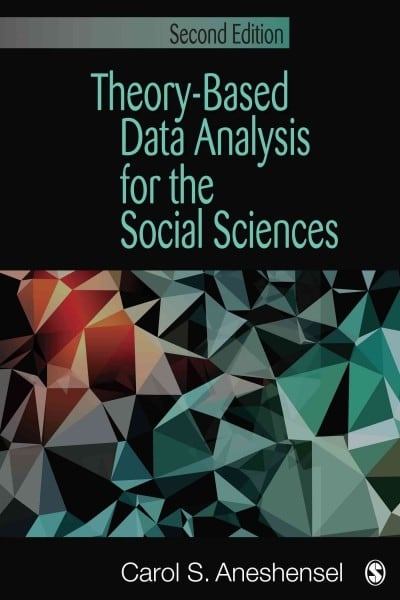Question
Investigate: in depth Learning Styles based on these sources Thesis Statement : Learning styles, though widely discussed and applied in educational settings, lack strong empirical
Investigate: in depth Learning Styles based on these sources
Thesis Statement:
Learning styles, though widely discussed and applied in educational settings, lack strong empirical evidence to support their effectiveness in improving learning outcomes, and their continued emphasis in education may hinder rather than enhance the learning process.
Scholarly Sources:
- Coffield, F., Moseley, D., Hall, E., & Ecclestone, K. (2004):Learning styles and pedagogy in post-16 learning: A systematic and critical review. Learning and Skills Research Centre.This comprehensive review critically examines the literature on learning styles and their implications for pedagogy, shedding light on the lack of empirical evidence supporting their effectiveness in enhancing learning outcomes.
- Pashler, H., McDaniel, M., Rohrer, D., & Bjork, R. (2009). Learning styles :Concepts and evidence. Psychological Science in the Public Interest, 9(3), 105-119.In this influential article, the authors provide a thorough examination of the concept of learning styles and the scientific evidence (or lack thereof) to support their validity and practicality in education.
- Willingham, D. T., Hughes, E. M., & Dobolyi, D. G. (2015):The scientific status of learning styles theories. Teaching of Psychology, 42(3), 266-271.This article discusses the scientific status of learning styles theories, emphasizing the dearth of empirical support for their application in education, and it calls for a more evidence-based approach to teaching.
- Pasquinelli, E. (2012). The cognitive style of PowerPoint:Pitching out corrupts within. Journal of Visual Literacy, 30(2), 121-135.While not specifically about learning styles, this article explores the limitations of certain educational practices, such as the over-reliance on PowerPoint presentations, which may inadvertently hinder effective learning. It raises questions about the role of instructional design and its potential impact on learning styles.
These sources collectively provide a critical examination of the concept of learning styles, emphasizing the need for a more evidence-based approach to education and questioning the continued reliance on learning styles in pedagogy.
Explanation:
Certainly, here's an explanation of the thesis statement and the scholarly sources provided:
Thesis Statement Explanation:
The thesis statement asserts that learning styles, a widely discussed concept in education, lack substantial empirical evidence supporting their effectiveness in improving learning outcomes. Furthermore, it suggests that the persistent emphasis on learning styles in education might actually impede rather than enhance the learning process.
Scholarly Sources Explanation:
- Coffield et al. (2004):This review critically assesses the literature on learning styles, particularly in post-16 learning environments. It highlights the absence of strong empirical evidence supporting the efficacy of learning styles in enhancing learning outcomes. This source serves as an essential foundation for understanding the limitations of the concept.
- Pashler et al. (2009):This influential article delves into the concepts of learning styles and provides a comprehensive analysis of the scientific evidence available to support them. The authors argue that the evidence is insufficient to justify the widespread application of learning styles in education, contributing to a critical perspective on the topic.
- Willingham et al. (2015):This article, published in the Teaching of Psychology journal, focuses on the scientific status of learning styles theories. It emphasizes the lack of robust empirical support for these theories, advocating for a more evidence-based approach to teaching. This source reinforces the notion that learning styles may not be as effective as commonly believed.
- Pasquinelli (2012):While not directly addressing learning styles, this source discusses the cognitive style of PowerPoint presentations and its potential impact on learning. It raises questions about instructional design and its influence on how students process information. This indirectly relates to the broader discussion about effective teaching methods and the role of learning styles.
Collectively, these scholarly sources provide a critical perspective on the concept of learning styles, highlighting the lack of strong empirical evidence supporting their use in education. They encourage educators and researchers to reconsider the emphasis on learning styles in favor of evidence-based teaching practices that can better support student learning.
Step by Step Solution
There are 3 Steps involved in it
Step: 1

Get Instant Access to Expert-Tailored Solutions
See step-by-step solutions with expert insights and AI powered tools for academic success
Step: 2

Step: 3

Ace Your Homework with AI
Get the answers you need in no time with our AI-driven, step-by-step assistance
Get Started


